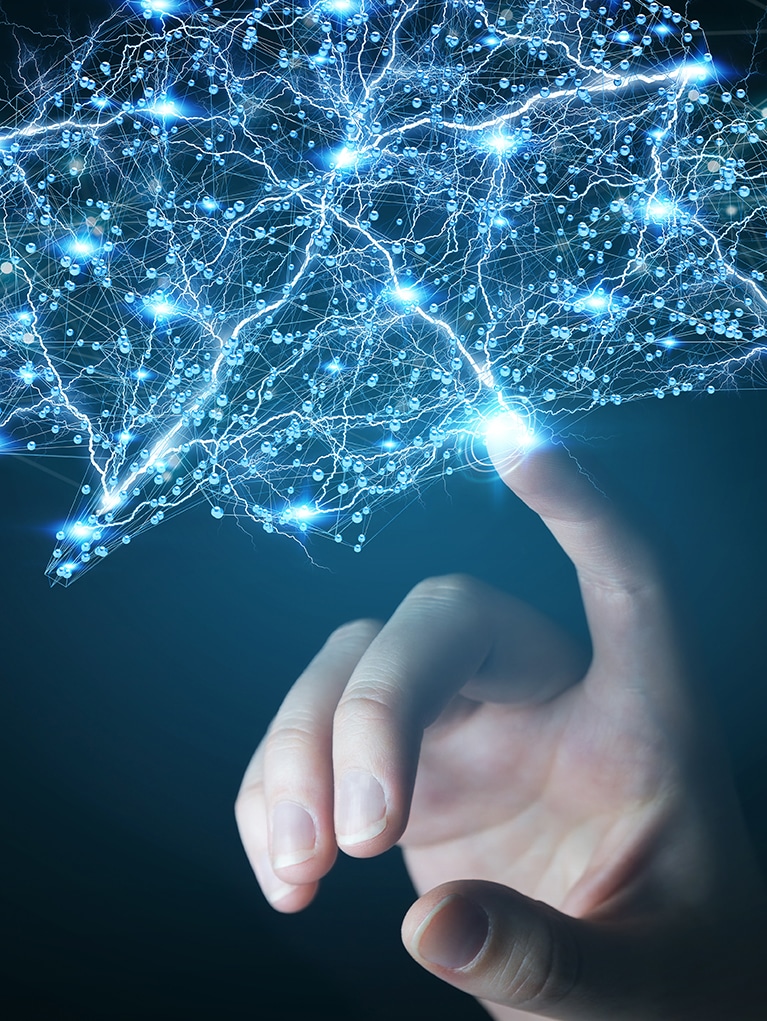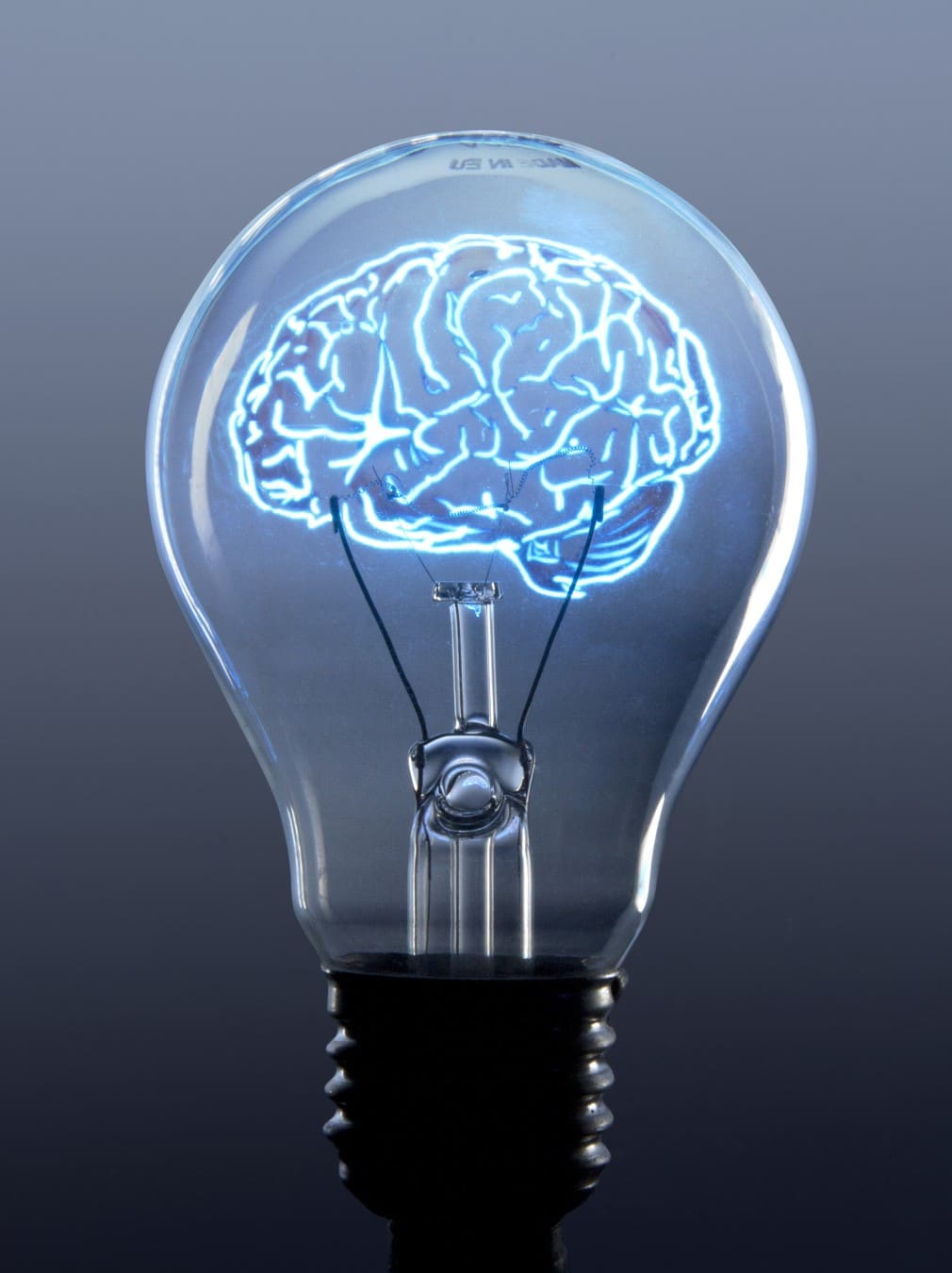
Behavioral health Services
A mental condition is never the result of one cause. The biopsychosocial treatment model was developed to address the interplay of biological, psychological, and social factors. While psychologists, LCSWs, or LMHCs are able to manage the psychological and social aspects of treatment, only a psychiatrist can assess and treat all three spheres. There may be underlying medical conditions that can present as psychiatric symptoms. Many mental conditions (depression/anxiety/ADHD) may require specific drugs that only an MD can provide.
Obtain the highest level of behavioral health services immediately with Core Revitalizing Center. Dr. Tariq Halim is a medical doctor (MD) who specializes in preventing, diagnosing, and treating mental illness using the wellness model. You will only be treated by the physician. We decide together if medications would be beneficial and initiate therapy as needed. Dr. Halim’s focus is restoring you to your best self.
Integrative Psychiatry
Core Revitalizing Center practices integrative psychiatry; a holistic approach that uses both evidence-based pharmaceutical treatments and complementary therapies in the treatment of psychiatric conditions. Personalized treatments are developed to suit each patient’s lifestyle and strengthen self-awareness and resources for self-care.
Comprehensive Psychiatric Evaluation
A psychiatric evaluation is not the same as a psychological evaluation. A psychiatrist specializes in pharmaceutical/biological treatments of psychiatric illness as well as their psychological and social aspects. On the other hand, psychologists are doctors of philosophy that specialize in the analysis/understanding of mental illnesses through therapy.
Dr. Tariq Halim’s expertise in psychopharmacology lies in determining which medications, complementary therapies. and innovative treatments among the many available in psychiatry and neurology would be best suited for you, taking into account your genetics, family environment, medical history, lifestyle, preferences, and your overall treatment goals.
Child/Adolescent Treatment
The psychiatric assessment of a child or adolescent consists of a detailed exploration of the family’s concerns about the child’s emotional or behavioral problems, physical health and development, and family relationships. Many parents are concerned about how they will be viewed during the evaluation. Caregivers are also worried that the child may be placed on unnessessary medications. CRC is here to work with and support families to define the goals of the treatment.
Buprenorphine Treatment
Buprenorphine is used in medication-assisted treatment (MAT) to help people reduce or quit their use of heroin or other opiates, such as pain relievers like morphine. CRC utilizes a harm reduction approach and is non-judgmental in treatment policies.
Medical Cannabis Treatment
Medical cannabis is currently legal for medical use in 33 states, including Florida. The Attorney General Nominee William Barr plans on deferring the decision of Federal prohibition to the “pro-cannabis” Congress. If appropriate, CRC is able to register patients to obtain the Florida Medical Card and recommend cannabis treatment as part of the treatment plan for multiple approved conditions.

Psychiatric Conditions Treated
A mental illness is a condition that affects a person’s thinking, feeling or mood. Such conditions may affect someone’s ability to relate to others and function each day. Each person will have different experiences, even people with the same diagnosis.
Recovery, including meaningful roles in social life, school and work, is possible, especially when you start treatment early and play a strong role in your own recovery process.










